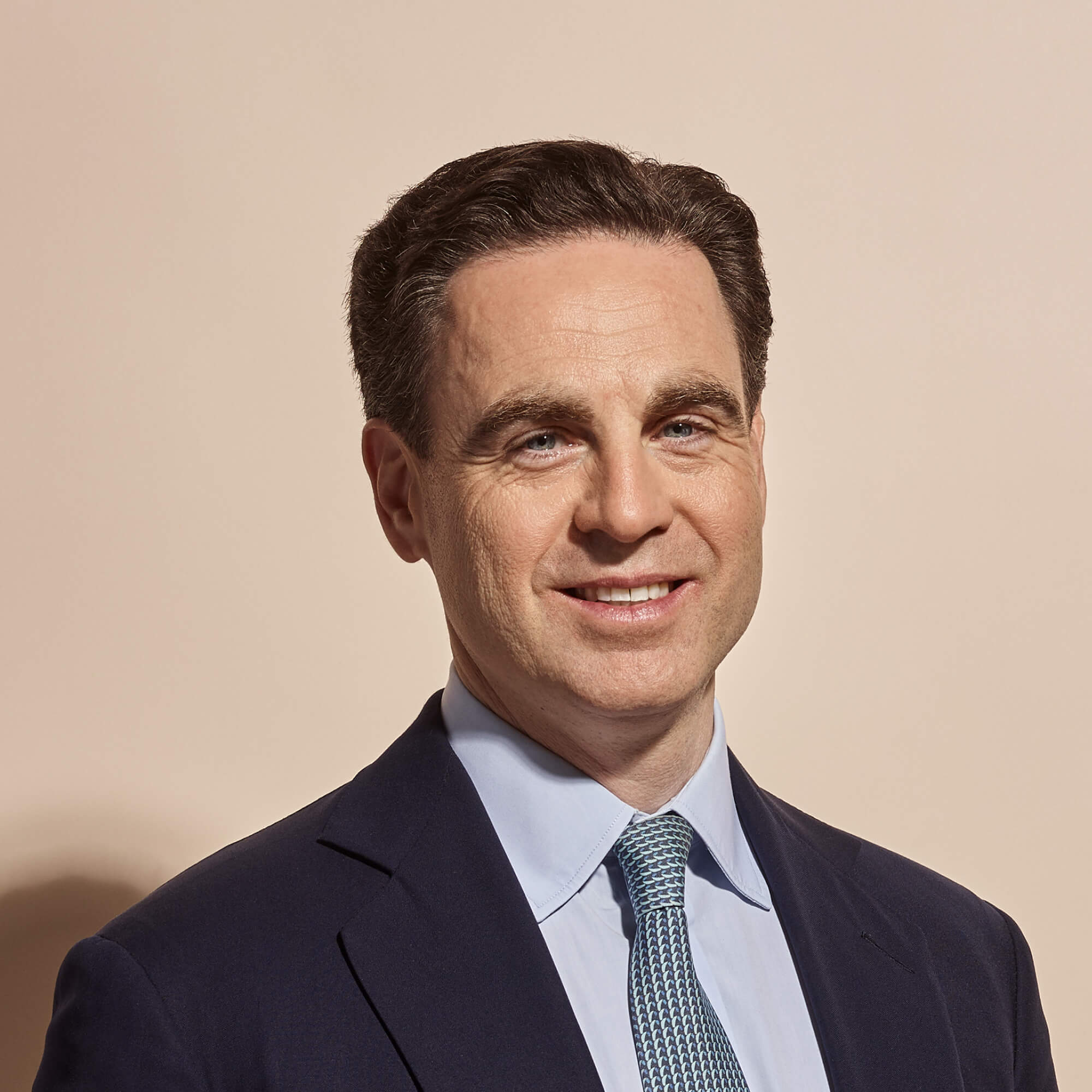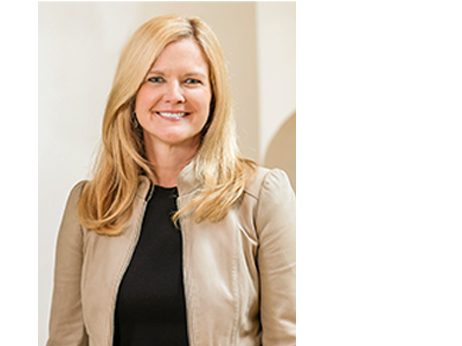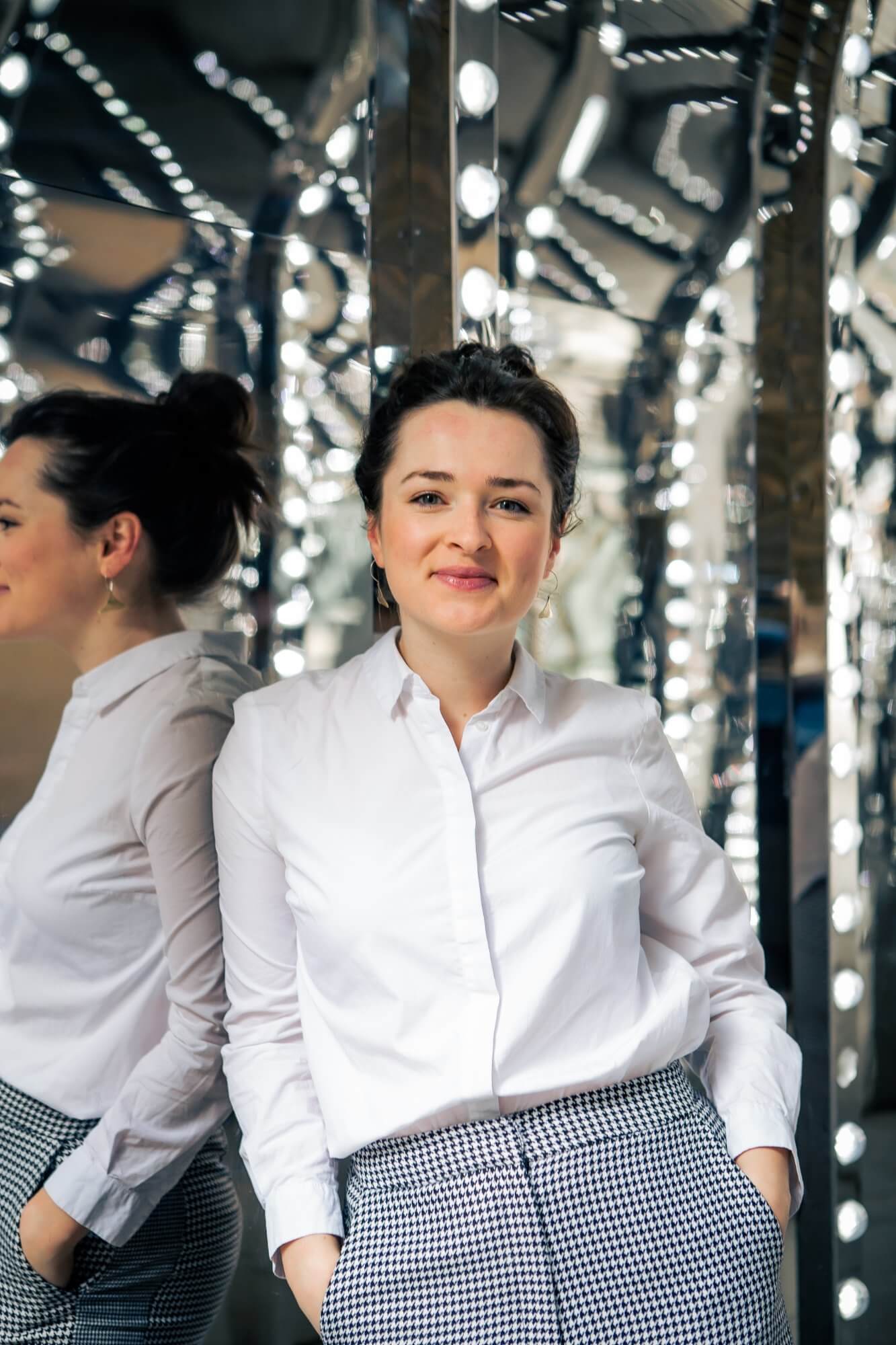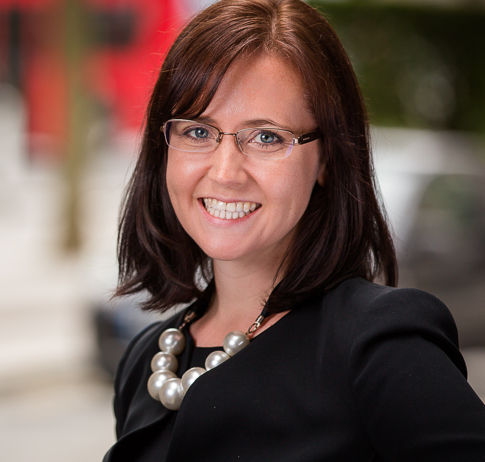Article
What is impact, anyway? Growing demand for sustainability investment
26 July 2024 | 4 minute read
Sceptics argue that the ‘virtue-signalling’ agenda does not recognise real-world complexities; and that its rise has led to ‘green-washing’ by companies trying to appear more sustainable than they are.
Nevertheless, speakers at a recent Withers event on private capital and innovation saw the market evolving rather than disappearing. Importantly, the term ESG is being replaced by words like impact, sustainability or transition investing. Rather than driving funds to divest themselves of assets that do not fit an ESG framework, these terms focus on driving the ‘green transition’ to a low-carbon, nature-friendly, socially equitable global economy.

'What I’ve seen is that innovation and impact has become another space in the portfolio of a potential client, said Khaled Said, managing partner at CapGen, a firm that specialises in managing assets for families. 'It tends to be an extension, so you’ve got private equity, private debt, real estate, venture, and now there’s impact venture.'
Host James Shaw, head of Withers tech arm, noted that this was helping to drive much-needed innovation in the sustainability sector. 'Considering the scale of the major challenges the world is facing, it’s essential that the sources of substantial private capital get behind the innovators and visionaries who have developed creative solutions with the potential to really move the needle.'
Profit or purpose?
A core question for all investors to consider is how they prioritise impact as against financial returns. According to Amy Blackwell, a social impact advisor, many families see impact innovation as a new avenue of wealth creation. 'I’m hearing estimates that the transition to green energy will deliver one and a half times the wealth creation of the industrial revolution, and I think families are seeing that as an opportunity for their generation to contribute to a legacy,' Amy said.

The panel agreed that a sustainable venture needs to be financially sustainable first and foremost. 'It’s very much about how to interrogate companies that have viable business models, which means they can be self-sustaining and have impactful outcomes,' said Lawrence Barclay, managing partner at Manta Ray, an early-stage venture capital fund.
However, impact-focused innovation is acknowledged to be risky, since not all the technologies now being pioneered will ultimately succeed. A common mistake for portfolio managers was to try to mitigate this by investing small amounts in many projects, which means the capital has more limited impact and cannot be so easily overseen. According to Khaled, a better approach was to embrace the risk and the pioneering nature of the field.

'When we work with families in this space we are going on a journey with them. It’s not the same as saying, OK, you want to do European mid-market private equity and we’ve got some amazing programmes – there is a slightly looser promise around what the ultimate outcome will be. In a sense, they’re OK with that because they genuinely want to do impactful things, but we have to be transparent about the range of outcomes they will find.'
Investors are particularly mindful at present of the reputational risk if their investments do not deliver the promised impact. “By definition, innovation is an iterative process and you’re not going to go from idea to result with no hiccups or failures along the way,” Amy explained. 'But I think there is a tension there because, especially post-Covid, there is a strong sense that if you make a mistake, you will be publicly criticised for it. So families are really tiptoeing in at the moment.'
Meaningful metrics
One of the biggest challenges is around measuring impact, particularly as the market’s understanding of sustainability broadens to consider nature and communities as well as climate. Amy highlighted the caution families felt in trusting glossy brochures or chief sustainability officers in the absence of clear, standardised datasets.
.png)
Speaking from the venture side, former CEO at Nature Metrics Katie Critchlow (now NED at Earth Blox) noted that a lack of consensus among investors as to KPIs and reporting structures was burdensome to founders and their teams, who were left filling out assorted different ESG reports – at a cost to their core operation.
Having been set up to fund sustainable innovation, the Environmental Technologies Fund Partners (ETF Partners) has more experience than most in this area and partner Lucy Rands agreed that the lack of consistency around what companies are measuring and what investors want to know was problematic.
'Different firms do [impact assessment] very differently,' Lucy said. 'Some have huge emissions targets, where they need to pass a certain threshold for emissions avoided or equivalent – but we think that overlooks large parts of the market that are actually very impactful.'
Paying external consultants for an impact analysis was one option, but because innovative companies were growing and changing so quickly, the costly report could be irrelevant within a year. Ultimately, ETF Partners had opted for a hybrid approach, identifying KPIs which each venture tracked, Lucy explained. 'To make it meaningful we have to do it case by case, looking at where that product is today, what the impact is today, where we want it to be and where we think that would have impact – with a committee of investors to help us define those thresholds.' Once the most insightful impact metrics for an investment have been identified, ETF Partners' incentive structure is linked to performance against them as well as financial results.
An emerging consensus
'Over time, Khaled Said expects industry reporting standards to emerge, just as they did for financial valuations: 'I think it's just part of the evolution of this area; everybody's got good intentions but having really clear industry standards makes everything a little easier.'

It’s also essential for investors to be clear in their own minds as to the results they want. Amy advised both family offices and venture capitalists to consider which form of value they would ultimately prioritise, and where they would make concessions if necessary. As one audience question highlighted, this can be challenging for a vehicle like a family office, where different generations may be working with a different bottom line.
Where there are differences of opinion, Withers’ experience suggests that advisors may be able to help bridge the gap. 'Families we work with feel a strong sense of responsibility around the capital they hold – both in terms of protecting it for future generations, and in relation to the wider world,' says Claire Harris, a partner in Withers’ private client and tax team who leads on family office work. 'Inevitably, there are heated debates at times but what we’ve found as a third party is that when you speak to individuals it’s usually possible to find common ground.'
Once private investors have made the decision to enter the impact space, they do find it rewarding despite the challenges. Lawrence Barclay described how MantaRay’s backer had not initially specified an impact focus, but became more passionate about it over time. 'As he’s realised this is ultimately what he’s interested in, we’re even seeing impact start to reshape his underlying business.'
While the metrics and the terminology used may continue to evolve, the enthusiasm for using private capital to solve the world’s problems is here to stay.

